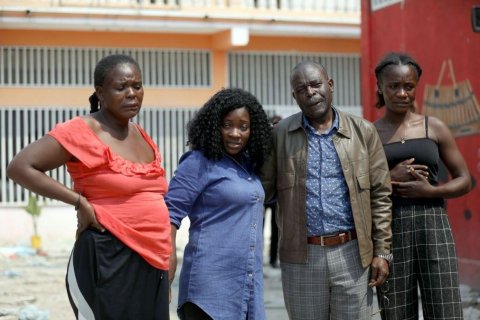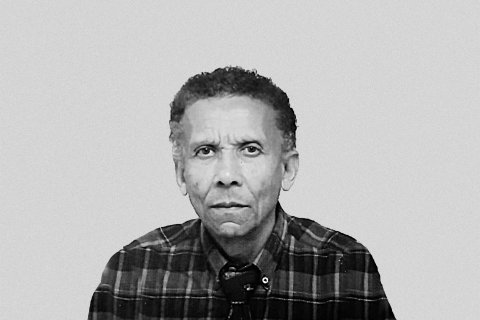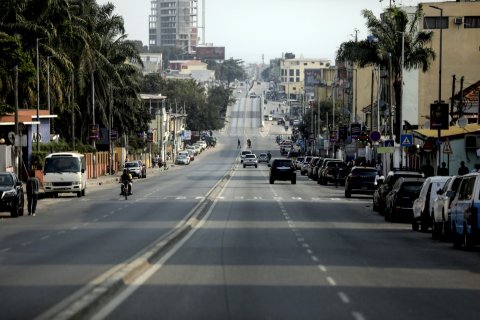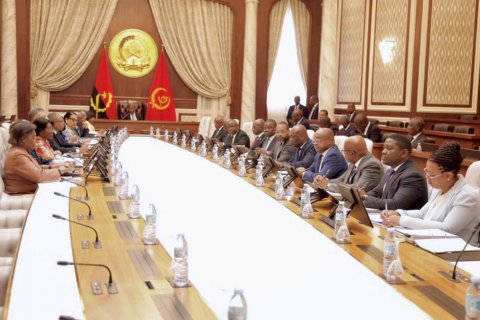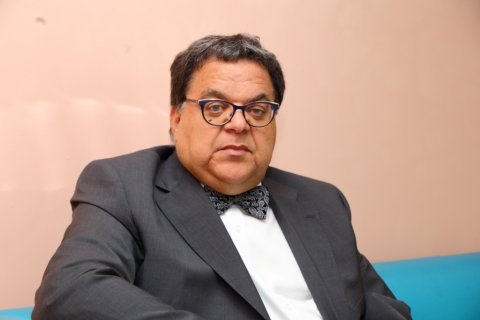"Angola must focus on economic diversification, investment in infrastructure and effective public policies to balance economic and human development", pointed out the official, in statements at the IV Conference on Environment and Development, which took place last Friday, in the capital, under the motto 'Industry, Economic Growth and the Challenges of the Energy Transition'.
Quoted in a statement sent to VerAngola, the official considered that "diversification into sectors such as agriculture, tourism and technology can create jobs, reduce poverty and promote more inclusive development", highlighting other "potential impacts of economic diversification" of country "the reduction of dependence on commodities, the dynamization of sectors, economic stability and the development of skills".
Investments in health infrastructure, education and tourism, according to him, are "examples that generate excellent social impacts and are reflected in economic growth".
"Potential impacts of investment in infrastructure include improvements in education and health, access to markets, sustainable development, access to basic services and improved competitiveness", he highlighted.
"With regard to effective public policies, they depend on responsible administration and the active involvement of the population. If we are able to implement these policies, we will more easily achieve macroeconomic stability, inclusion and equity, development of education and training, economic regulation, protection public health and improvements in the health sector", the official also defended.
In his speech, which had the theme 'Economic Growth vs Human Development', the director said that "Angola is a country of contrasts, where the wealth of natural resources coexists with significant challenges in human development."
"At the same time that the country occupies 6th place in the world ranking of annual diamond production, 16th place in the world ranking of annual oil production and 44th place in the world ranking of annual natural gas production, it also appears that the shortage of inputs has affected chicken production, the cost of living has worsened by 24 percent in 2024 and the current contribution of tourism to the national GDP is below 1 percent, among other challenges", says the statement.
Therefore, the head of EY Angola considers that this is a double challenge, with it being essential to continue promoting economic growth, "without leaving human development aside".
"The challenge is twofold. It is crucial to continue promoting economic growth, without neglecting human development", he pointed out, and also highlighted that "economic growth forecasts are quite favorable for Africa, which offers relevant opportunities for Angola".
"On the African continent, accelerated growth is expected until 2030, driven by industrialization processes and the growing attraction of foreign investments. These factors, combined with favorable demographic development with young and growing populations, enhance the phenomenon of convergence with more mature economies," he said.
According to the statement, the conference "brought together the business sector, from industry to banking and insurance, in addition to the State, to analyze the current situation and point out paths for the socioeconomic challenges that Angola faces, particularly in the context of the energy transition, industry and of the social sector".



